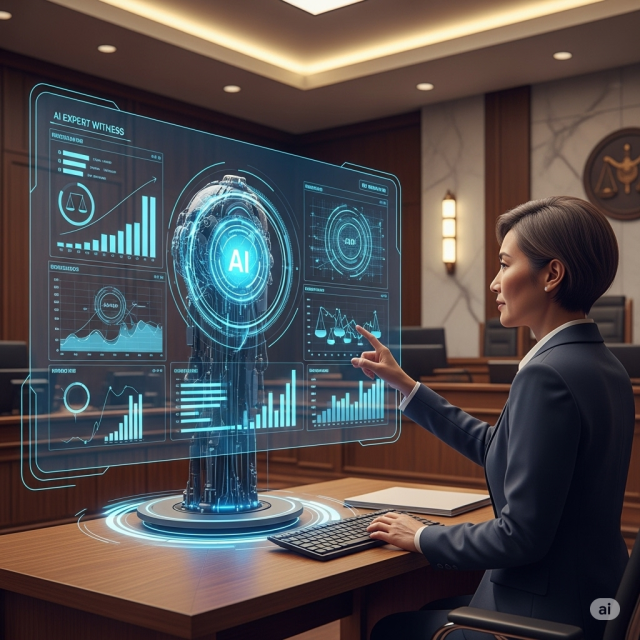Imagine a courtroom where, instead of a seasoned expert stepping into the witness box, an AI-driven system flickers to life—ready to present its findings, complete with charts, simulations, and zero caffeine. Welcome to the future of legal testimony, where algorithms are inching closer to sharing the stage with human experts.
But before you panic about robots stealing jobs, take a closer look. The conversation isn’t about replacement—it’s about transformation.
The Evolution of the Expert Witness
Expert witnesses are called to provide deep insight into complex issues—think structural failures, medical malpractice, or DNA forensics. Their testimony helps juries understand technical evidence that otherwise might sound like scientific word salad.
AI systems, meanwhile, are excellent at sifting through mountains of data, spotting patterns, and offering statistically sound conclusions. In some cases, they can process years of documentation in seconds—a clear advantage when time is money, and money is always on trial.
Still, courtrooms are not spreadsheets. They’re unpredictable arenas where the delivery of testimony—tone, clarity, persuasion—often matters as much as the facts themselves.
Will Algorithms Replace Authority?
In short: no. But they will definitely change how authority is presented.
What’s becoming increasingly clear is that this will impact expert witnesses in all fields, from medical, to engineering, to forensic. AI may not be taking the witness stand, but it’s sitting nearby, feeding data to the human expert who does. The result is a hybrid approach: machine precision paired with human interpretation.
This evolution is already underway in high-stakes cases where time-sensitive evidence analysis is critical. And while the final testimony must come from a qualified expert, their reliance on AI tools is growing more visible—and more acceptable.
Regulation: Catching Up or Falling Behind?
Of course, this AI-human combo brings complications. Legal frameworks haven’t yet caught up with machine learning’s courtroom debut. If an expert leans on an algorithm that turns out to be flawed, who’s responsible? The expert? The AI developer? The attorney who presented the data?
There’s growing concern about the admissibility of AI-generated evidence and how it fits into existing rules like the Federal Rules of Evidence. Most legal scholars agree that while AI can enhance testimony, it shouldn’t replace the credentialed human offering that testimony.
Some organizations, including the American Bar Association, are starting to weigh in. Their consensus? AI is a tool—not a witness. And tools need careful handling.
Expert Witness 2.0: Adaptation Is Key
So where does this leave seasoned professionals? Not obsolete—just upgraded.
The future belongs to those who can work with AI, not against it. Expert witnesses who understand how to interpret machine-generated reports, validate their accuracy, and translate them into clear, persuasive courtroom narratives will remain in high demand.
In fact, the smartest witnesses in the room may soon be the ones who can explain both a broken femur and a black-box algorithm—with equal ease.









